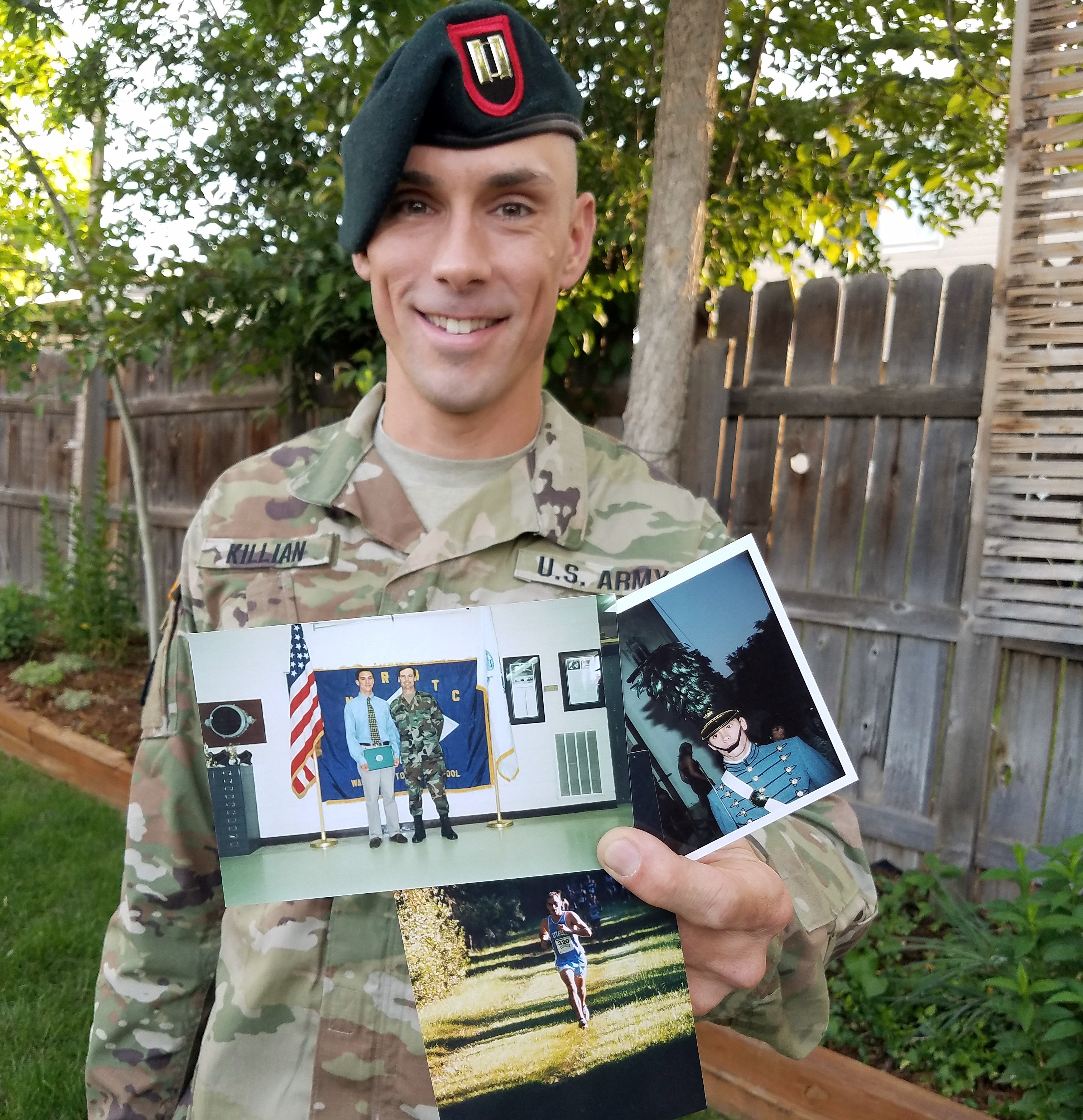I’m a gravel racer. That means I ride for hours on dirt roads on what looks like a drop-bar road bike with slightly bigger tires. I can handle a bit of rough stuff, but the single track that mountain bikers love is pretty far out of my comfort zone. Nonetheless, on a Sunday two weeks before the biggest race of my first season as a competitive gravel cyclist, I went mountain biking.

I’m bad at mountain biking. I haven’t been doing it very long, and every ride feels like hurtling through a tunnel of trees on an out-of-control roller coaster. By the end of the ride, I’ve usually crashed at least once (typically in humiliating slow motion) and I generally have a few gouges in my shin and rips in my clothes from the spikes on my Race Face pedals. I’m always filthy. On this particular ride, I climbed over a downed tree covered in poison ivy (twice), fell over into a patch of greenbriar, and mildly dislocated my thumb when the bike hit some kind of bump and the back end skidded out hard. However, I ended the ride with a successful descent of the trickiest feature on the trail, a set of railroad-tie stairs. Victory!
I was two weeks out from a two-day, 160-mile gravel stage race in the Hellhole Swamp outside of Charleston. The Hellhole Swamp got its name sometime in the 18th century, maybe when Francis Marion was leading the British on a merry chase around Charleston. It’s 2,000 acres of mud, water, alligators, and snakes as long as your leg, or as some people might say, a good time. The Hellhole Gravel Grind Stage Race that bears its name has a brutally high average speed for a gravel race, a ridiculous Did Not Finish (DNF) rate, and would be the capstone of my first year as a cyclist. I was serious about the Hellhole. In fact, I was hoping to win the Hellhole.
It was my last weekend of serious training, and I had back to back 3-hour rides scheduled. Logical options for the day’s workout would have included grinding out miles on the road, riding my local gravel loop, riding my indoor trainer, or, frankly, anything that would have produced some suffering and turned my workout green on my training app. There’s no expert approach to training in which a couple of hours of mountain biking is the right way to close out the apex week of your gravel race training plan.
I’m in the business of knowing things - of being an expert, an authority, a person with answers. I’m an experienced lawyer, with a decade of practice under by belt. Outside of the law, I’m a runner. I’ve been running since I was nine years old; I never made it to the elite ranks but I’ve won more local races than I can count, and I’ve run every distance from the 100 meters to the 100 km. There isn’t much that I don’t know about running.

But I started cycling about 18 months ago and when I started cycling, I didn’t know anything. And it was wonderful, because knowing that I knew nothing relieved me of the pressure to know everything. A picture from my first group ride in mid-2017 sums it up. I don’t have a bike jersey on, because I didn’t have one. I have a running armband to hold my phone, an ancient bike helmet, and some volleyball shorts. You can’t see it in this picture, but my bike has toe straps on it. I rode 28 miles that day on a route from a beer factory in Cartersville, Georgia. Everything about that day was wonderful; everything was discovery: the feeling of swooping down the long, sweeping hills in the cool morning air. Realizing how much faster I could go if I was with a group of people. Pushing myself to stick with the group up the hills. The pleasure of a Coke in the parking lot once the dew had burned off and the Georgia summer heat had settled in.
There’s a concept in Zen Buddhism called shoshin: beginner’s mind. The beginner’s mind is free of preconceptions. Everything is exciting and new. The beginner’s mind is receptive to whatever comes, because the beginner doesn’t know what can and cannot be. As Shuryu Suzuki wrote in the classic Zen Mind, Beginner’s Mind, “in the beginner’s mind there are many possibilities; in the expert’s mind there are few.”

When you first start doing something new, when you have the beginner’s mind, you learn constantly. There’s no shame in ignorance, so it’s easy to ask for help. Crashing, falling off, breaking something, or otherwise screwing up is expected. When you start using clipless pedals on a bike, for example, you absolutely will, at least once, get to a stop sign, forget your foot is attached to the bike, and fall over, generally in front of a lot of people. So long as you’re not hurt, it’s funny, rather than embarrassing. Unfortunately, as we develop expertise – as we become good at something – that newbie’s lack of fear is easy to lose.
The gift cycling has given me is to give me an opportunity, in my late thirties, to return to being a beginner. The joy of discovery - even discovering terrible things, like that riding through a snowstorm feels like having ice water poured over your head - has reminded me, even outside of cycling, of the importance of releasing preconception. Outside of cycling, I found my tendency was to tell people why something couldn’t be done. When I started cycling, I was learning every day, and I started to see possibility, rather than certainty. The longer I rode, the more I found that my closed mind began to soften, began to become a beginners mind - even off the bike.
The problem is that I’m 18 months into my life as a gravel racer, and I’m starting to feel like I know things. And that feeling of knowing things, of comfort - that’s dangerous, especially in an athletic culture that prizes being in the know. Even as I become a stronger cyclist, I’m desperate to hang on to that sense of possibility and discovery, to the joy and the wisdom of knowing nothing. So I started mountain biking, and every few weeks, no matter what’s on the training plan, I get back out on those trails. Falling off a full-suspension mountain bike into a hedge of greenbriar is how I keep from falling into the trap of expertise. Yes, cross-training is good for your body. We weren’t meant to make one repetitive motion for hours. It’s good to challenge new muscles and learn new skills. But I’d argue that it’s even more important to challenge your mind, to keep your soul off-balance. That’s how you make sure you keep learning. That’s how you dream new dreams.
At some point, I might actually get good at riding a mountain bike. If that happens, I’ll need to find something else to do. So far, I’m still crashing, and I’m still learning, and it’s still both terrifying and exhilarating every time I come down those railroad-tie stairs. And for what it’s worth, I did win the Hellhole – so, while bashing that single track two weeks out may not have been what the experts would have ordered, it seems to have worked.

Lauren Giles is a financial services lawyer in Atlanta, Georgia. When she isn’t making the world safe for mobile payments, she runs, hangs out with her dog, and races bikes for Team Sorella Cycling p/b Hincapie Sportswear.
[supplement-ad]





Leave a comment
This site is protected by hCaptcha and the hCaptcha Privacy Policy and Terms of Service apply.